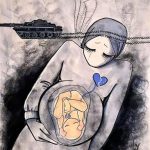The courage of Afghan women challenges the Taliban on human rights trampled by Sharia law
THEY WANT WOMEN TO STAY AT HOME.
BUT SURPRISINGLY AFGHANS
CONTINUE TO TAKE TO THE STREETS:
"Don't be afraid. We stand together.
It is our right to education, work and security"
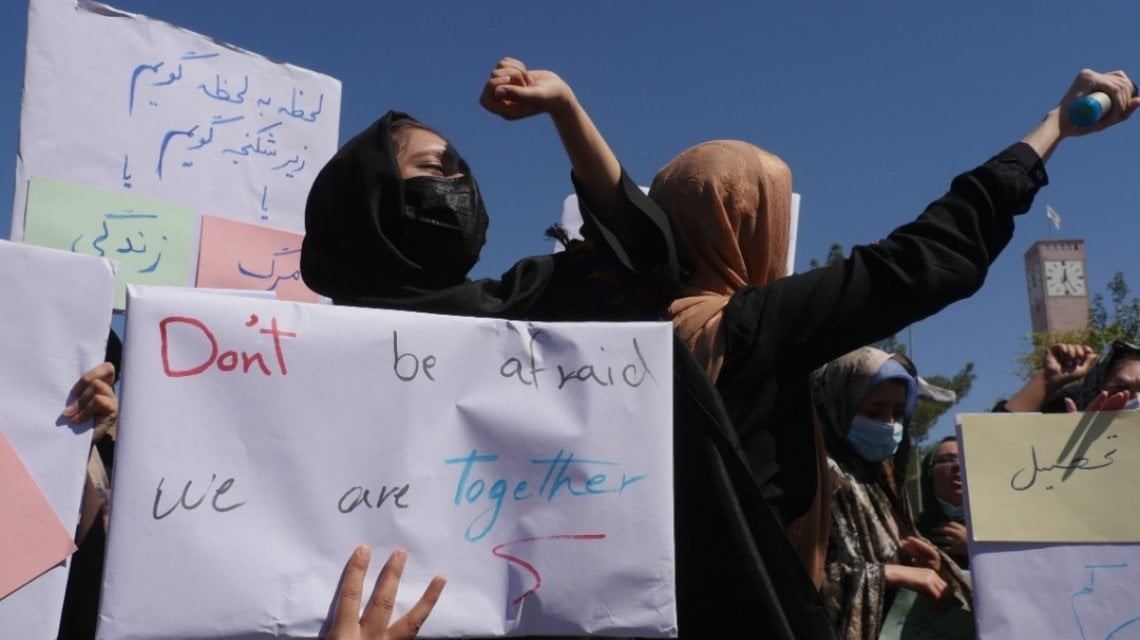
Photo: La Repubblica
In Kabul – and not only there – the Taliban violently dispersed the protests, showing that they would not tolerate any opposition: women and minorities are excluded from their government. But even before the American intervention in 2001 – aimed at hitting Osama Bin Laden, the mastermind of the 11 September attacks – Afghanistan was a country ruled by the Taliban in which women could not study or work, leave the house without a male escort, had to cover themselves entirely with the burqa, etc. It was a country in which there was a ban on the use of the burqa. It was a country where adulteresses were stoned to death and thieves had their hands cut off as a punishment.
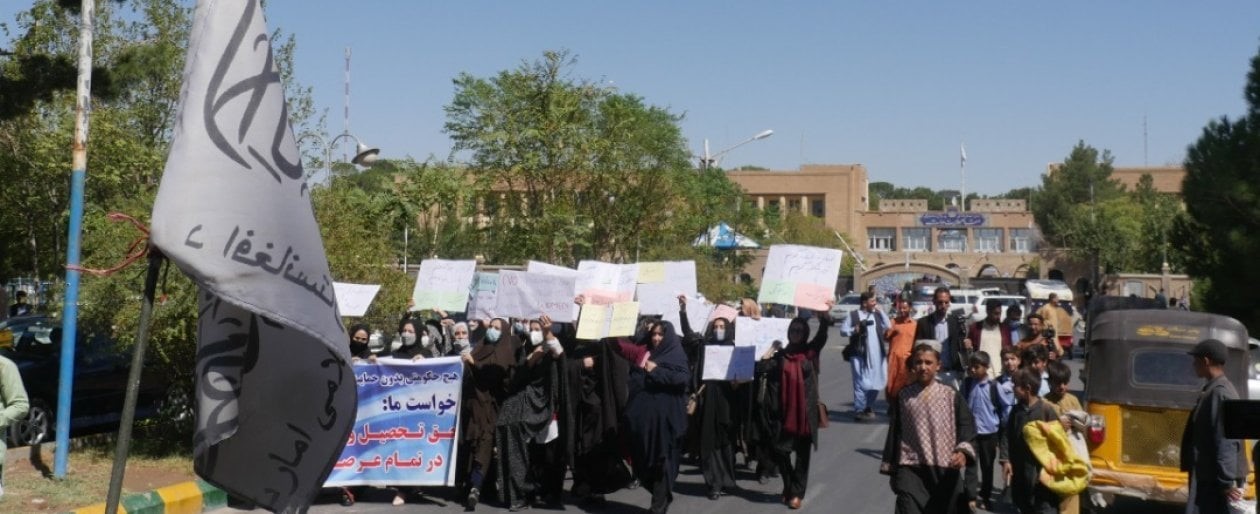
Photo: La Repubblica
The protests of recent days are a clear sign that the Taliban must, however, come to terms with twenty years of Western ‘modernisation’, particularly in Kabul and in the big cities, where many people – women and men – oppose the return to Taliban despotism, which would also demand recognition by the international community.
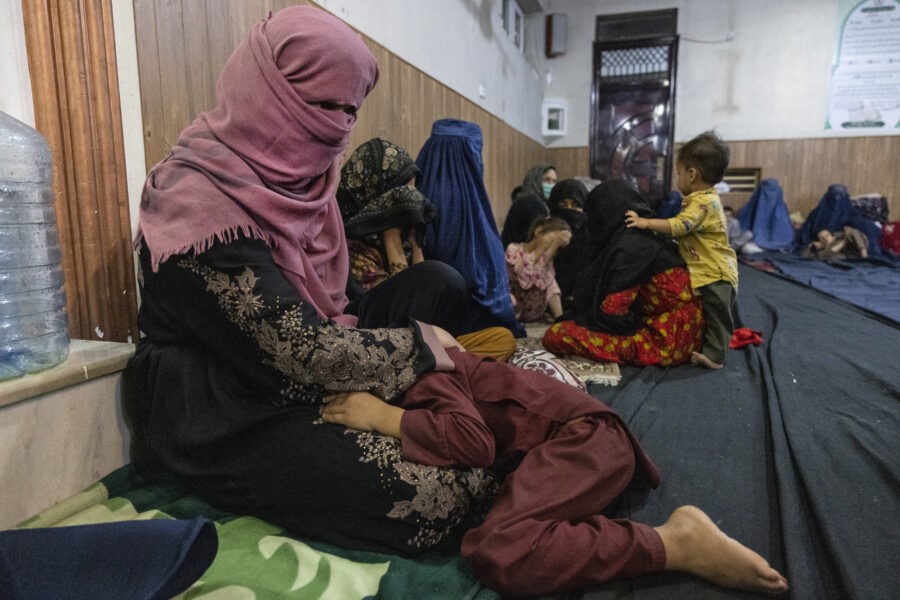
Photo: Il Riformista
They said they were willing to respect women’s rights, but only on the basis of Sharia, which they themselves define as ‘Islamic law’. But this kind of framework envisaged by the fundamentalists has nothing to do with the precepts of the Islamic religion. They are inspired by phrases from the holy book (the Koran) and accounts of the life of the prophet Muhammad (the Sunna) and interpret them literally, to establish a ‘code of conduct’ for public and private life. The Sharia leaves plenty of room for interpretation by jurists, clerics and politicians from all over the Muslim world.
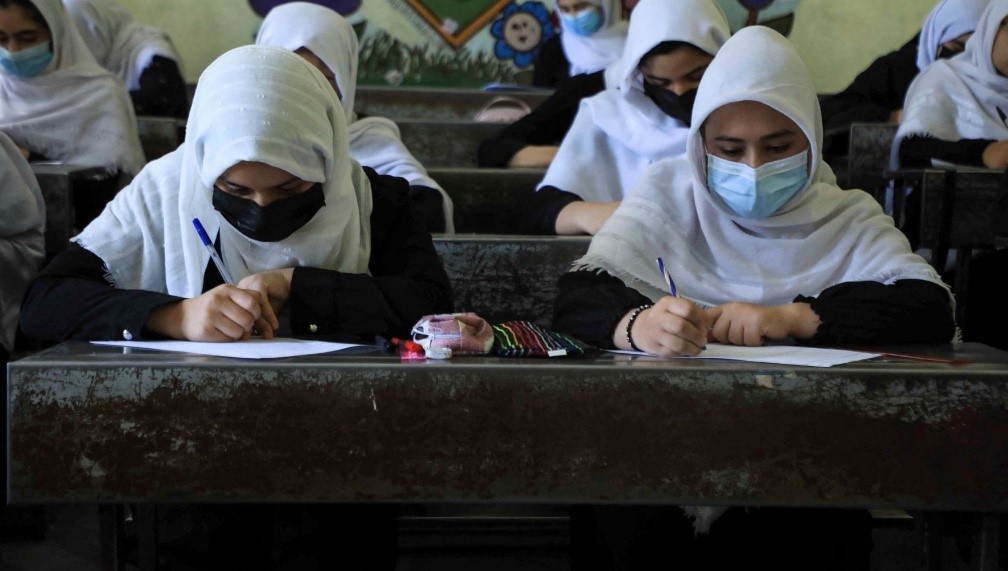
Photo: La Repubblica
WHAT SHARIA IS AND WHAT IT MEANS FOR WOMEN
In Arabic, the word ‘sharia’ literally means ‘beaten path’, although the common sense is ‘law’. In Islamic countries there are different interpretations of the Koran and the Sunna. The militias that have reconquered Afghanistan are inspired by a radical form of religious precepts that also establish penal principles and scales of acceptability in everyday actions.

But Islam, founded by the prophet Muhammad around 620 AD, guaranteed certain rights for women. However, over time, some verses of the Qur’an have been used by politicians and military and religious leaders to introduce numerous discriminations against women in different Muslim countries.
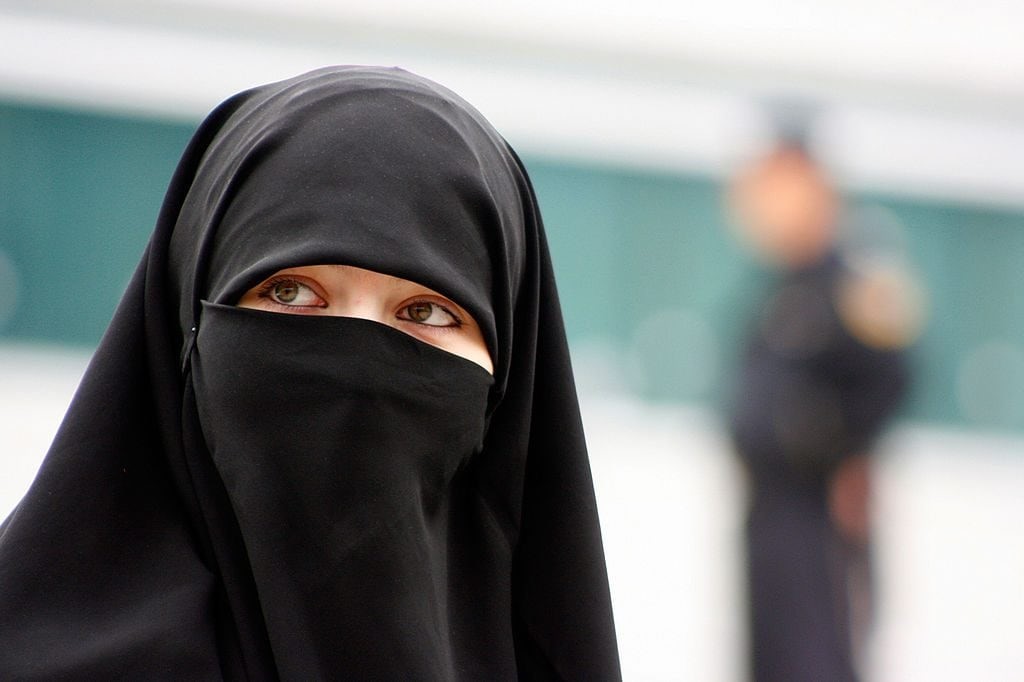
Photo: Fanpage.it
There is no single document published under the name of Sharia, it is in fact a reference to moral (hence unwritten) laws for believers to follow. But this does not mean that it is a true penal code to be followed in order to be ‘a good believer’ or that the Koran provides for the application of such precepts in the life of the state.
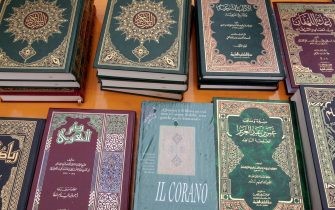
The interpretation of the Sharia, as the rules for a good believer and not a written text, changes according to the different branches of the religion. “A Sunni interprets Sharia differently from a Shiite, and so on – explains Jan Nawazi – an Afghan of Islamic faith in Italy. ‘The interpretation is mainly provided by the Imams. It is they who spread precepts as more or less just based on entirely personal interpretations“.


